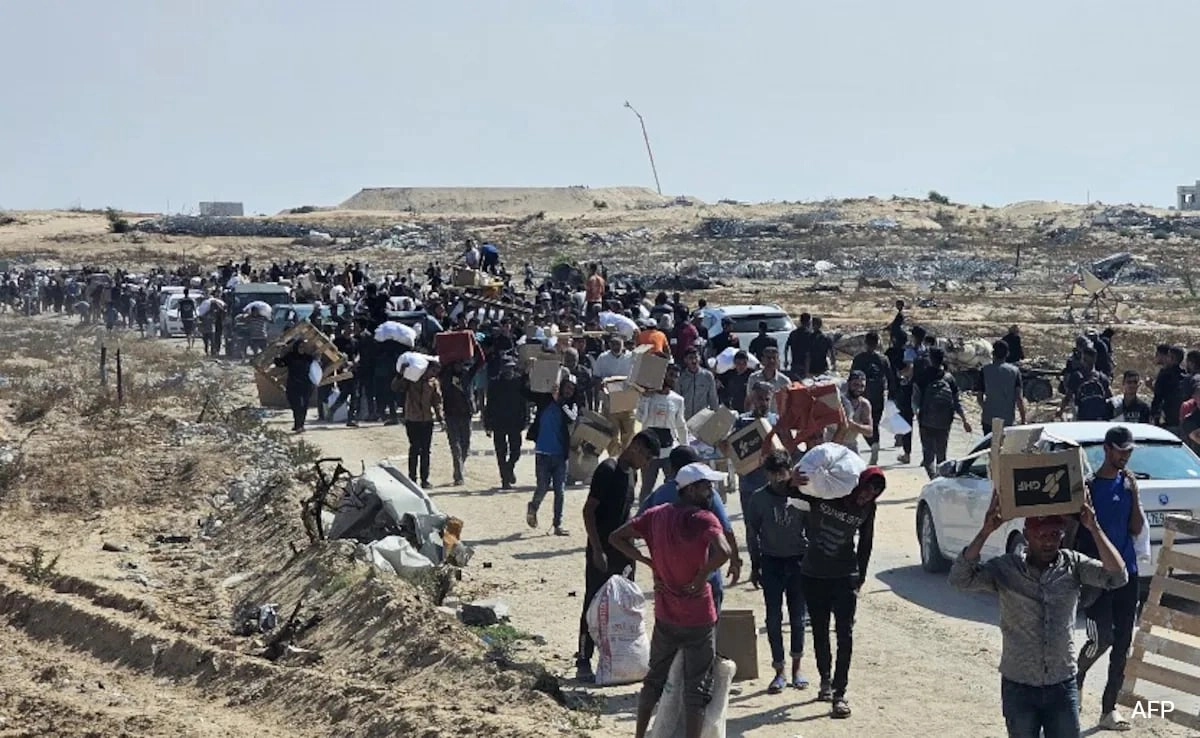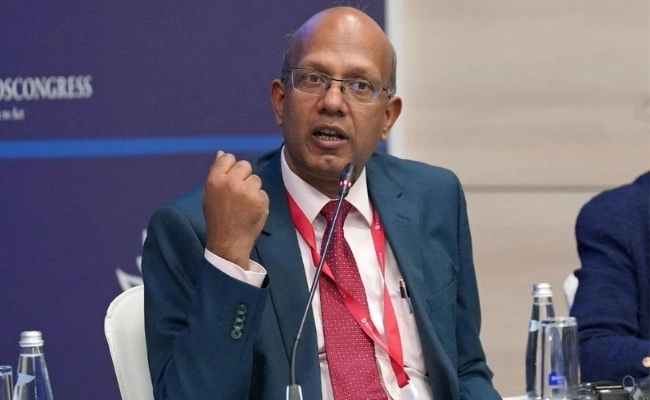The situation in Gaza has once again drawn international attention as reports emerge of US security contractors allegedly firing upon refugees. Eyewitness accounts and various media sources indicate that a group of contractors, supposedly providing security in the region, responded to the presence of civilians with gunfire. The phrase “Hell Yeah,” reportedly uttered by some of those contractors, has sparked outrage and condemnation globally, highlighting the grim realities faced by civilians in conflict zones.
These incidents underscore the complexities of foreign involvement in conflict areas, particularly in places like Gaza, where violence and humanitarian crises often intersect. The presence of private security contractors raises questions about accountability and the rules of engagement that govern their actions. Unlike traditional military personnel, these contractors operate under different regulations, which can sometimes lead to a lack of oversight and increased risks for civilians. The shooting at refugees, if confirmed, would not only represent a significant breach of ethical conduct but also exacerbate the already dire humanitarian situation in the region.
As the world grapples with the implications of this incident, the voices of the affected individuals—those fleeing violence in search of safety—are often drowned out in political discourse. The plight of Gaza’s refugees is a poignant reminder of the human cost of conflict, where innocent lives are caught in the crossfire of geopolitical struggles. As international bodies and human rights organizations call for investigations, the need for reform in the use of private military contractors in conflict zones becomes increasingly urgent. The situation in Gaza serves as a catalyst for broader discussions on the ethical responsibilities of nations and corporations involved in foreign security operations, particularly when civilian lives are at stake.




